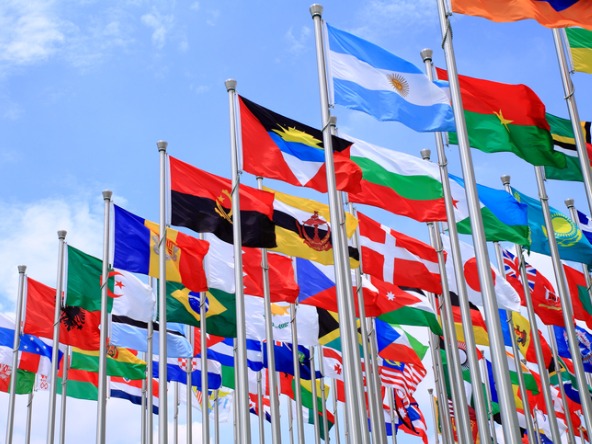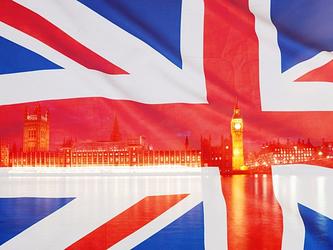After the chaos: Is deglobalisation coming?

The world is in turmoil. A global pandemic which continues to cause social and economic disruption, the biggest war in Europe since 1945 with no clear end in sight, and the crippling reality of a worsening climate crisis. All of which are combining to reframe some of the biggest cultural and social shifts that we’ve seen in a century.
It feels as if the world is more fragmented than ever before when we consider international politics, economies and the environment. Geopolitical pressures are threatening the fragmentation of liberalised and global trading systems and what matters to individuals, families, communities and countries has changed.
These colossal changes are causing uncertainty and creating a vacuum, division and less common ground for people. This void and division have huge implications, not just economically and politically, but also for brands who may believe we’re on the brink of deglobalisation.
Shift of values
Brands have been slow to react to such seismic, but not altogether unexpected, shifts in consumer consciousness.
We need to think differently as an industry and throw away traditional attachments about brands, marketing and insights. It’s time for global brands to embrace change and lead the discussion rather than just follow.
This view is backed by Hall & Partners’ global consumer research – The Value Shift – which tells us that 75% of younger consumers (aged 18 to 34 years) believe businesses should take greater responsibility and do more to create a fairer world for everyone. It also reveals that all generations of society want brands to take a stand about important issues impacting the world today but warn they will not tolerate bandwagon jumping.
Of course, brands are, undoubtedly, a huge asset. At their best – when they are consistent in their purpose, mission and actions – they are a magnificent, distinctive and compelling support and driver of growth for businesses, as well as individuals and the wider world. They should be here to serve, to help unite people on common values and shared benefits. To effectively respond to the new consumer consciousness, it’s essential for brands to understand new attitudes and behaviours that are driving customers and embrace customer segmentation.
Local after an era of global?
The question isn’t global versus local. It’s how the brand shows up consistently to build trust and create relevance. In a time of global turmoil, we need more brands to think globally – to be the glue that unites us and stands for something – to fill the void left by the lack of strong leadership and authority elsewhere.
This shouldn’t be diluted to localised nuance (the activation of the brand story if you like) and tailoring to within an inch of its life – brand should be bigger than that. It should stand distinctively for common values and ideas that have meaning and purpose that will help unite consumers globally. Great things can happen when brands unite customers both online and in real life.
For example, GoPro unites millions of customers via the ‘GoPro Family’ – essentially a creative hub for sharing content via social media such as Instagram to fuel user-generated content and word-of-mouth advertising. Lego Ideas is an online community for enthusiasts to showcase their creations, enter competitions, offer advice and tips to help budding master builders hone their skills, and even allow fans to influence new product development.
Despite the current complex and increasingly dystopian world, there’s still a strong pull from consumers who seek community and connection, and this, in an increasingly digital world, means bridging borders, cultures and people. Brands should act as the glue that offers people a way to connect in order to deliver value.
After all, the brands that exist today should serve many consumers, not just a few. The best way for brands to achieve this is to remain consistent and not, like many of today’s political leaders, deliver half-truths that show up differently in various conversations.
Kurt Stuhllemmer is partner at Hall & Partners

We hope you enjoyed this article.
Research Live is published by MRS.
The Market Research Society (MRS) exists to promote and protect the research sector, showcasing how research delivers impact for businesses and government.
Members of MRS enjoy many benefits including tailoured policy guidance, discounts on training and conferences, and access to member-only content.
For example, there's an archive of winning case studies from over a decade of MRS Awards.
Find out more about the benefits of joining MRS here.












0 Comments